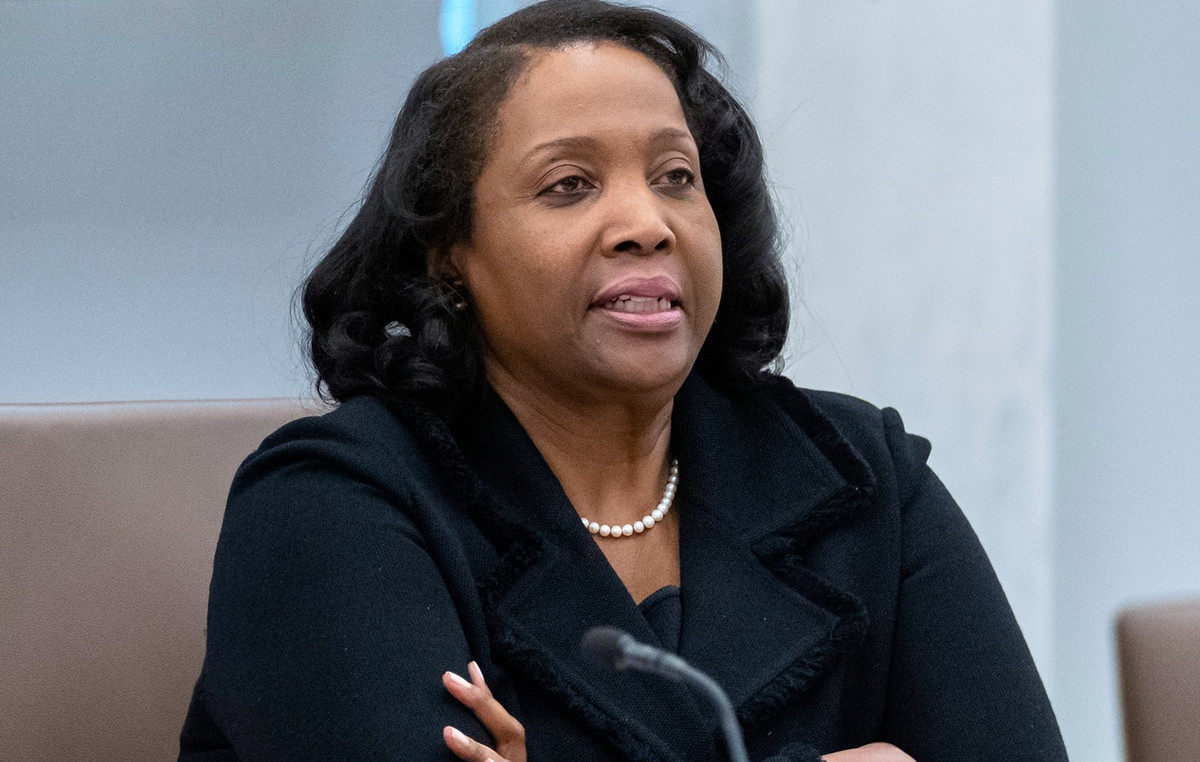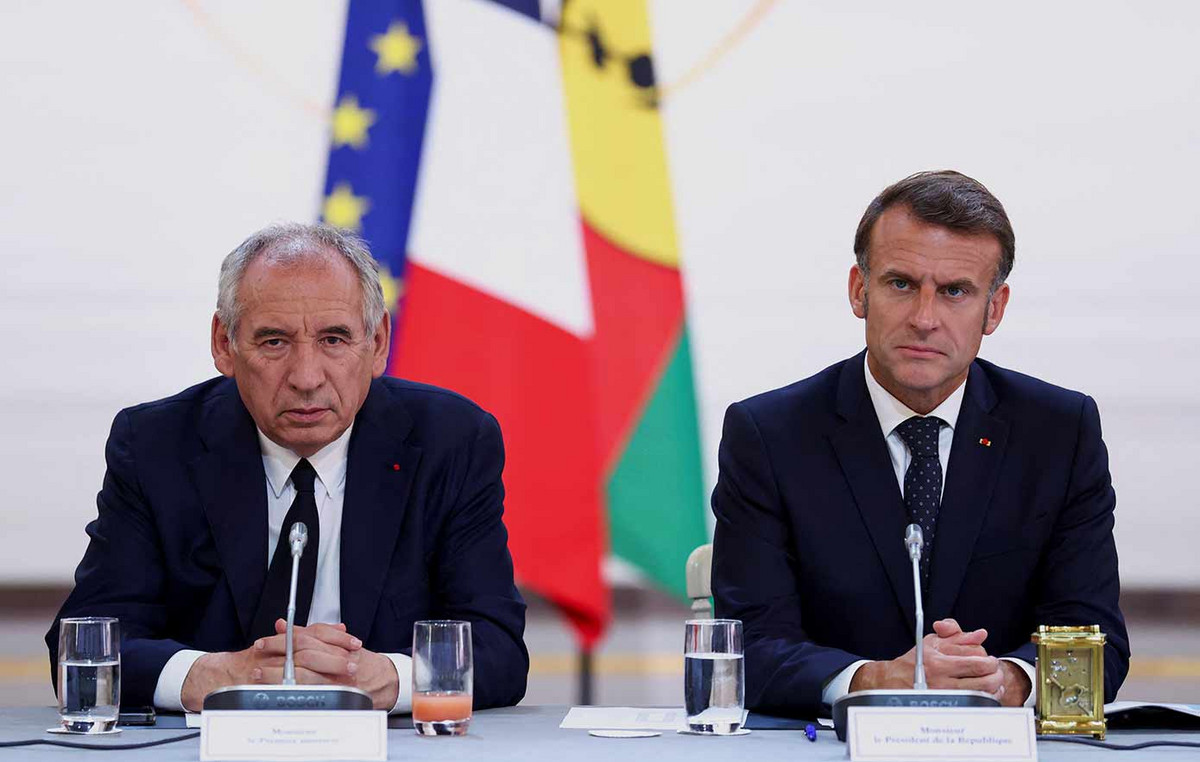Former President Donald Trump’s anti-immigration policy in the United States could affect around two million Brazilians living in the country in an undocumented situation, according to international analyst Fernanda Magnotta.
During the program CNN 360º This Wednesday (22), Magnotta highlighted that the Brazilian government has few options for retaliation in the face of American restrictive measures.
The main alternative would be diplomatic reciprocity, requiring visas from American citizens to enter Brazil.
“This issue of reciprocity is basically the basic bargaining chip, standard for all governments. This is what is used in an almost protocolary way when talking about diplomacy”, explained the analyst.
However, Magnotta highlighted that this measure has limited effectiveness due to the asymmetry of power between the two countries.
“We can, of course, impose this condition on the Americans, but even so, this is very little compared to what should happen with the Brazilian community there”, he stated.
Dispute in the courts and in Congress
The expert predicts that the dispute over immigration policies should focus on American courts, with class organizations already mobilizing to guarantee rights, especially for children of undocumented immigrants born in the USA. Furthermore, the debate must also go through the American Congress.
Magnotta cited Senator Marco Rubio as a potentially important figure in this context.
Despite his generally tough stance on Latin America, Rubio has a history of supporting immigration reforms and could be a potential ally for negotiations on the issue.
Change in official terminology
The analyst also commented on the recent change in the American government’s official terminology, which returned to using the term “alien” (foreigner) instead of “immigrant” in some cases.
“Words have power. And they mean things, they translate worldviews”, observed Magnotta, highlighting that this change reflects a change in the political stance towards immigrants.
She explained that the term “undocumented” is preferred by international and human rights organizations, rather than “illegal”, as it is considered less degrading to people who often do not have the resources or information to regularize their situation.
This content was originally published in Analysis: Anti-immigration policy in the US on the CNN Brasil website.
Source: CNN Brasil
Bruce Belcher is a seasoned author with over 5 years of experience in world news. He writes for online news websites and provides in-depth analysis on the world stock market. Bruce is known for his insightful perspectives and commitment to keeping the public informed.







